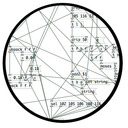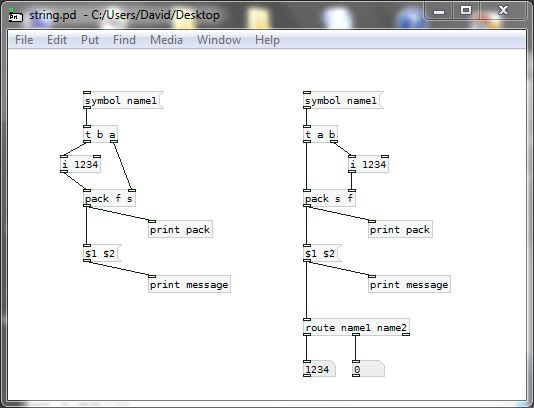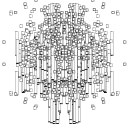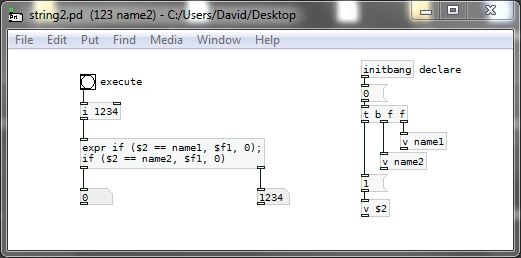@phil123456 Pd-extended is not maintained, but is still is way more "useful" to those of us that cannot be bothered to compile our own "externals" and are happy using the classes that we are given. We make our own objects (Pd) (classes) for use as abstractions (Pd) (instances) without the need for any programming experience whatsoever. All aspects of OOL can be accommodated if we wish.
Pd IS an object oriented language, with it's gui based on another OOL (see below). Read https://puredata.info/docs/manuals/pd/x4.htm. to the end.
OOL was possible in Fortran back in 1977 when I studied it. It just wasn't called that. Just as collections of sub-routines were not called "libraries" and PC didn't even mean keeping bad language to yourself. It was mainframe, tickertape, and punch cards but OOL was already there. Not much has changed since.
Pd is the way it is because it is a dataflow language............
For my use that knocks the spots off "simpler" ool's.......
It is quite easy to make your own externals...... https://puredata.info/docs/developer/LibraryTemplate
and the use of C and TCL allowed Pd to be built for multiple platforms back in the 1990's.
TCL
Paradigm
multi-paradigm: object-oriented, functional, procedural, event-driven programming, imperative
Designed by
John Ousterhout
Developer
John Ousterhout, Tcl Core Team
First appeared
1988; 28 years ago
Stable release
8.6.5[1] / March 12, 2015; 11 months ago
Typing discipline
dynamic typing, everything can be treated as a string
License
BSD-style







